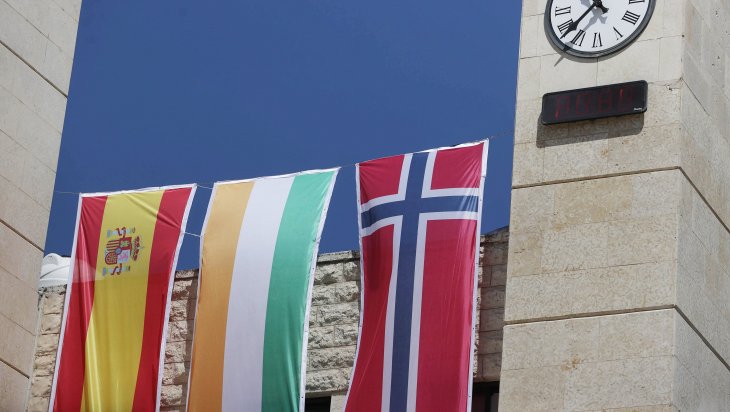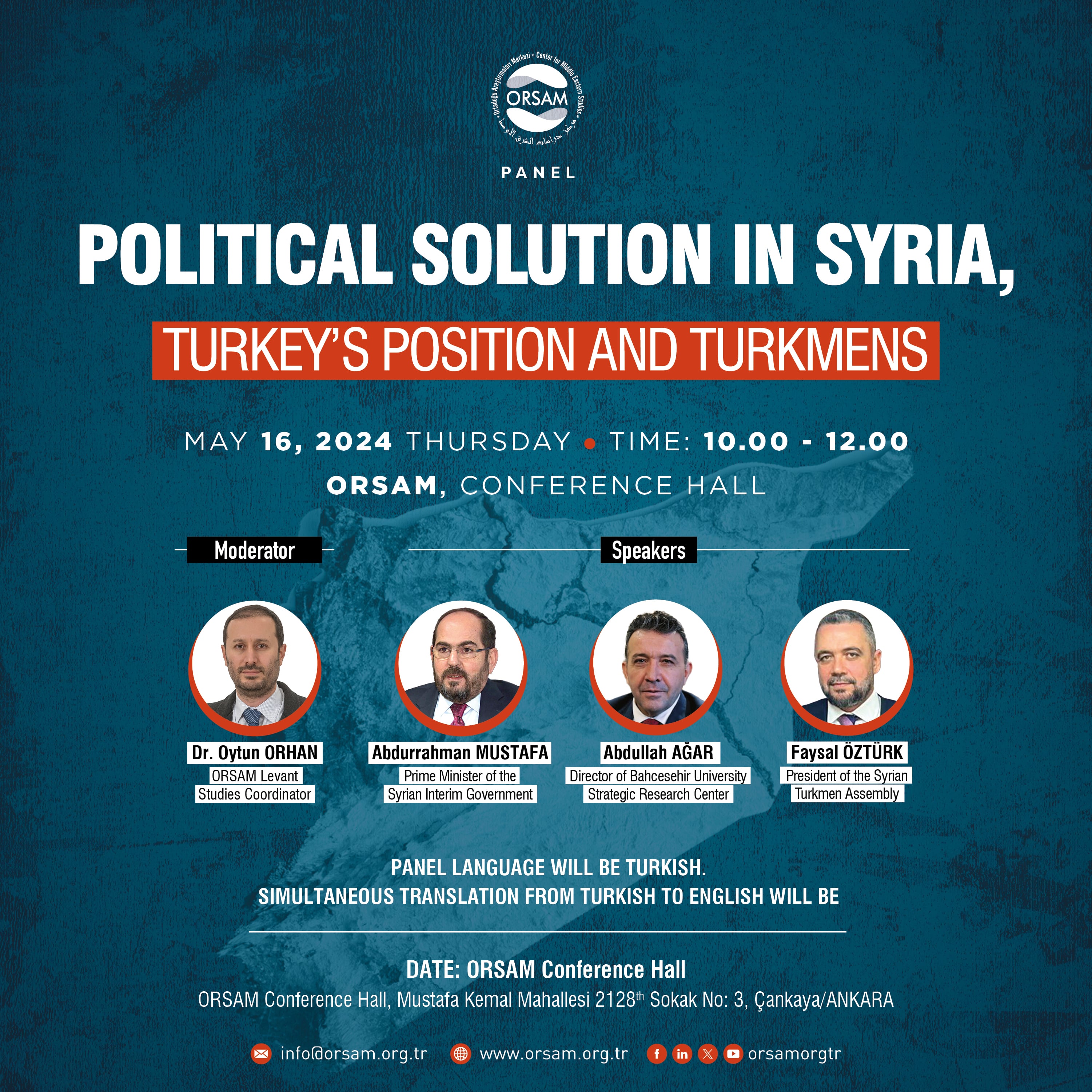The Recognition of Palestine by the Europeans: The Likelihood of a Two-State Solution

In a significant and courageous move, Spain, Ireland, and Norway have officially recognized Palestine as a state, aiming to advance a peaceful solution to the protracted conflict. This bold stance is not just a symbolic gesture; it is a call to action for other European nations to follow suit. By doing so, they hope to put an end to the relentless Israeli atrocities in Gaza and secure the release of hostages held by Hamas. However, this decision has sparked a heated debate. Israel, viewing this recognition as an endorsement of terrorism, has reacted strongly by recalling its ambassadors from these countries and issuing stern rebukes to their diplomats in Tel Aviv.
This diplomatic fallout underscores the complex and charged nature of the Israeli-Palestinian conflict, highlighting the urgent need for sustained international efforts to achieve lasting peace.
This move also increases pressure on Israel, with two international courts (ICC/ICJ) asking Israel to stop its military actions in Gaza and accusing Prime Minister Netanyahu of war crimes. Western countries have also placed more sanctions on Israeli settlers in Palestinian areas.
Growing Recognition of Palestine: An Important but Limited Step
More countries are now recognizing Palestine, affirming its right to statehood and expressing solidarity with its people. Although this recognition is symbolically powerful, it alone is unlikely to bring about a two-state solution anytime soon.
While the U.S. continues to express rhetorical and slight support for a two-state solution, the recent surge in violence and the complex regional dynamics make this objective highly challenging. Recognizing Palestine is a crucial step toward acknowledging Palestinian rights and aspirations, but it must be matched with concrete actions and sustained international efforts to tackle the root causes of the conflict. Only through comprehensive and committed global engagement can we hope to address these deep-seated issues and move closer to lasting peace.
Recognizing Palestine affirms the Palestinian people's right to self-determination, acknowledges their historical and territorial claims, and highlights the injustices they endure, including displacement, occupation, and even accusations of genocide.
However, despite the positive development of recognition by countries like Spain, Norway, and Ireland, this alone is unlikely to advance a two-state solution. The entrenched positions of the U.S. and Israel pose significant obstacles, underscoring the complexity and difficulty of achieving lasting peace under current conditions. While symbolic gestures are important, they must be accompanied by concerted global efforts to address the underlying issues and foster genuine dialogue between the parties involved.
These recognitions exert pressure on other nations and international bodies to reconsider their positions, potentially shifting diplomatic dynamics towards a more balanced approach to the Israeli-Palestinian conflict. Within the EU, such recognitions can shape collective policy, fostering broader support for Palestinian statehood. However, despite these encouraging gestures, the deeply entrenched stances of the U.S. and Israel indicate that recognition alone is insufficient to dismantle the significant barriers to a two-state solution.
In an environment where Israel consistently and intentionally fails to acknowledge the fundamental right to life of innocent Palestinians, the idea that it could recognize Palestine’s right to statehood remains, at best, overly optimistic.
The Likelihood of a Two-State Solution
The political climate in Israel, particularly under far-right leadership, and internal Palestinian divisions present significant challenges to peace negotiations. Brutal and unjustified Israeli assaults on Palestinians and their land further undermine peace prospects. Despite strong international support for a two-state solution, the attitudes and actions of major powers, especially the U.S., remain crucial. The Biden administration supports a two-state solution but insists it must be achieved through direct negotiations.
Even with recognitions from Spain, Norway, and Ireland, the U.S. insists that these should not replace the need for negotiated peace. U.S. Deputy UN Ambassador Robert Wood stated that while the U.S. supports Palestinian aspirations, the path to statehood lies in comprehensive reforms and negotiations. This approach reflects the U.S.'s longstanding policy, which prioritizes security concerns and direct negotiations over unilateral declarations of statehood.
Further implications and prospects
The fact that more and more European states recognize Palestine as a state actually positively affects the establishment of the Palestinian state regionally and globally. In this sense, it is clear that alliances in the region and attitudes towards Palestine also have an impact. In this context, although it seems like a global solution, general criticisms and concerns include that the two-state solution would mean recognizing Israel and would also legitimize Israel's occupation of Palestine.
At this point, in addition to the brutality in Gaza, the expansion of Israel's settlers and settlement policy in the West Bank is one of the grandest obstacles to the two-state solution. At this point, urgently stopping the brutality in Gaza, stopping and even reversing the settlement policy in the West Bank, as well as creating platforms where security concerns for Israel and Palestine can be resolved, constitute the cornerstones on the road to peace.
In this respect, the step taken by Spain, Norway and Ireland to draw attention to the unlawful, disproportionate and unfounded violence in Gaza can be considered as a step with moral, political and social consequences. Emphasizing Palestine's right to self-determination and, in this sense, bringing this issue to the agenda in international diplomacy should be seen as positive agendas.
Achieving a two-state solution, however, necessitates overcoming significant obstacles, such as intra-Palestine political divisions, the expansion of Israeli settlements and addressing mutual security concerns. Persistent international support, successful negotiations, and comprehensive efforts are essential for transforming this vision into reality.
This latest development marks a critical juncture in the international community's approach to the Israeli-Palestinian conflict, potentially paving the way for more widespread recognition and support for Palestinian statehood, but significant obstacles remain.









